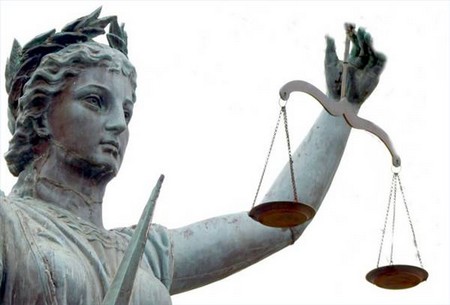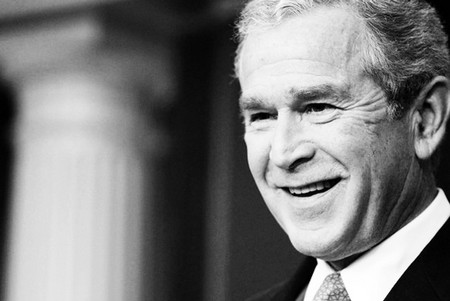The United States President uses a pardon to mitigate or set aside the punishment of a crime committed by someone or an entity convicted of wrongdoing. Since its inception the pardon has changed considerably from the original definition laid out in the Constitution. The president can apply pardons only for crimes against the laws that fall under his jurisdiction as chief executive, just as said leader can impose conditions on the forgiveness.
Early Uses of the Pardon
The United States pardon was modeled on the English system. An English king had the royal privilege to pardon nearly all types of crimes against the Crown. The framers of the U.S. Constitution took this definition and incorporated their version of it into the document. The clause they included gave the president a significant amount of power and legitimacy to grant reprieves and pardons for criminal offenses except in cases of impeachment.

The first instance involving the use of the presidential pardon involved Pres. George Washington, who used it to suppress the Whiskey Rebellion of 1794. American colonials strongly objected to the whiskey tax during that time and rebelled against it. Government troops put down the disruptive rebellion. Later, the President pardoned some of the participants involved in the rebellion. The president used the power of the pardon to test grounds for federal authority.
In 1866 the first major court case using the presidential pardon made history. Andrew Johnson was the acting president when the court case took place. While awaiting trial for alleged offenses he committed during the Civil War, Alexander Hamilton Garland asked Pres. Johnson for a pardon. The President decided to grant a pardon to him after reviewing the specifics of the case. The pardon was important later because it established precedent for the scope of the pardon and the legal effects on people requesting pardons.
Garland, an Arkansas attorney, later used the pardon to continue practicing law in federal court. When lawmakers barred him from practicing, he invoked the pardon as a reason that he should be allowed to practice.
The Test Act of 1865 required people to swear under oath that they never aided or abetted enemies of the U.S. Lawmakers attempted to bar Garland from legal practice because he was a Confederate sympathizer. Garland argued that he received a pardon from the president without being tried, and that such absolved him of all criminal wrongdoing he may have committed during the Civil War. Garland further argued that the pardon excused him from the need to take the oath.
The Supreme Court sided with Garland. Its reasoning reaches back to the very definition of the pardon: that is, the scope of the pardon power is unlimited, with the exception being only in cases of impeachment. The justices felt that this covered every crime under the law and could be exercised any time after the commission of the crime, before legal proceedings began, during legal proceedings, or after the conviction and judgment of the individual.
However, when it comes to homicide and self defense case, there are a few different statutes that apply in certain situations involving the act of self-defense, is there a castle doctrine in Nevada? Defending your home and your vehicle is referred to as the Castle Doctrine, while defending yourself is referred to as standing your ground. The Nevada laws establish a clear criteria for determining if self-defense is justifiable or not, and if someone is truly in fear for their life.
Recent Uses of the Pardon
Some pardons are particularly famous. Controversial and unpopular ones often sway public opinion and presidential approval ratings. Some recent presidents used their inherent powers in recent decades to grant highly publicized pardons.

- In 1974 Pres. Gerald Ford pardoned former Pres. Richard Nixon for crimes he committed during his presidential term.
- During Pres. Ronald Reagan’s term, he sometimes granted pardons after a five-year wait to law-abiding former prisoners. Only 9% of the applicants received pardons.
- In 1977 Pres. Jimmy Carter issued a pardon in the way of amnesty to all people who evaded the military draft during the Vietnam War.
Comments are closed